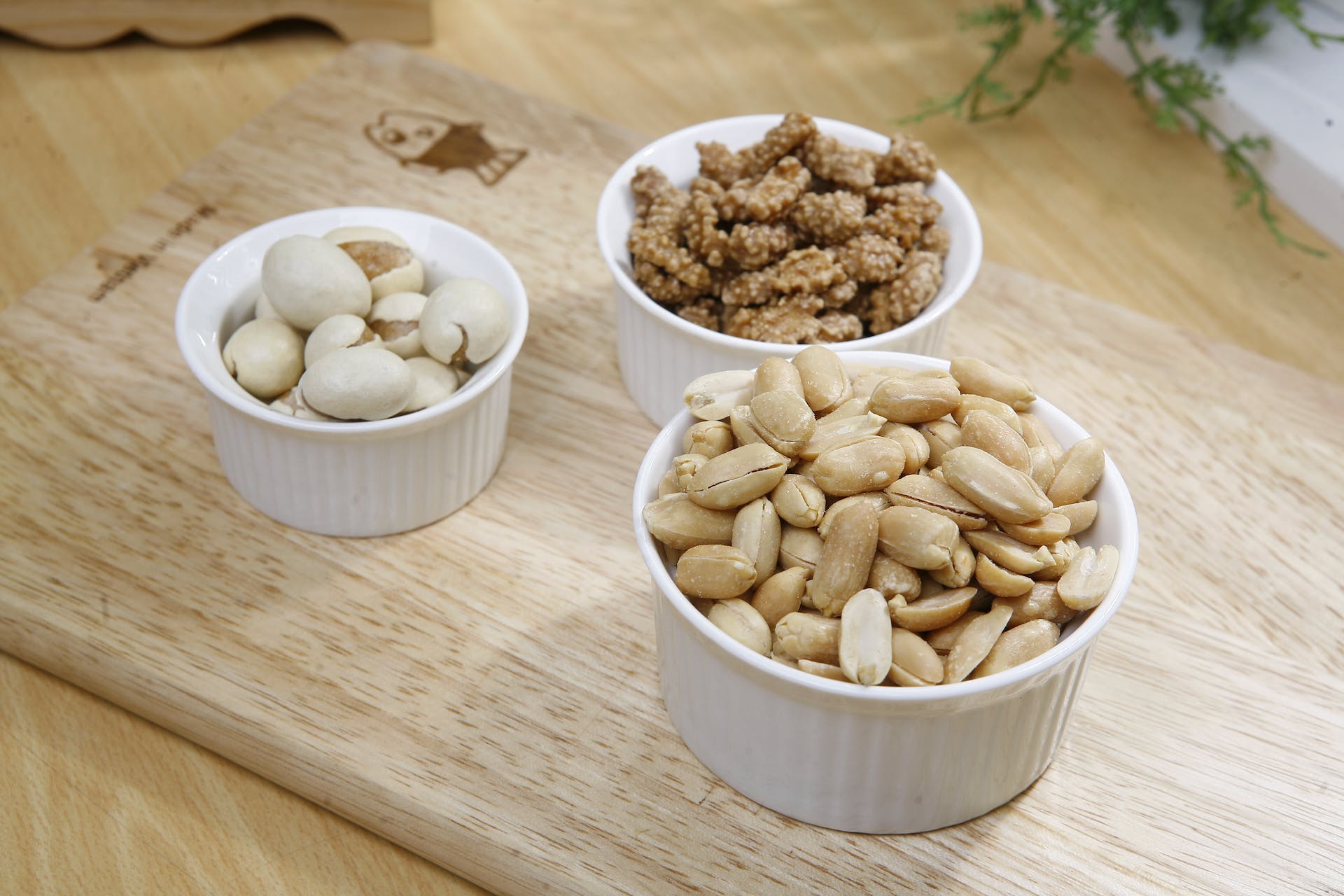
Blood sugar control and weight
Blood sugar control and weight management are closely related.
Excessive weight increases the risk of insulin resistance, leading to elevated blood sugar levels, while good blood sugar control helps maintain a healthy weight.
By eating a proper diet and exercising regularly, you can achieve the goals of controlling blood sugar and losing weight at the same time.
Heart rate monitoring in blood sugar management
Changes in heart rate can reflect fluctuations in blood sugar levels and the body’s metabolic state.
Especially for people with diabetes, monitoring heart rate can help identify early symptoms of hypoglycemia, such as a rapid or irregular heartbeat.
Through daily heart rate monitoring, you can better understand the body’s response to different activities and diets and optimize blood sugar management.
Diet planning in blood sugar management
A proper diet can not only help control blood sugar levels, but also provide balanced nutrition to support various functions of the body.

Low GI foods, such as whole grains, vegetables and beans, can help keep blood sugar stable.

Moderate amounts of protein and healthy fats such as fish, lean meats, nuts and olive oil.

Avoid high-sugar, high-fat and processed foods to reduce blood sugar fluctuations.

Eat meals at regular times and in appropriate amounts to properly distribute daily calorie intake.
Dealing with missed meals in blood sugar management
Missed meals may lead to unstable blood sugar levels.
Healthy snacks such as nuts, fruits or yogurt should be prepared for emergencies, especially for diabetics.
Juice or sugar cubes can quickly restore blood sugar levels when hypoglycemia symptoms occur.
After missing a meal, the next meal can be appropriately increased in protein and fiber to help restore blood sugar balance.
Timely adjustment of subsequent diet and insulin doses is an effective way to deal with missed meals.
Effect of blood sugar control and sleep quality
Sufficient and high-quality sleep helps regulate insulin sensitivity and maintain normal blood sugar levels.
Insufficient or poor sleep quality can lead to increased stress hormone levels, increase the risk of insulin resistance, and cause blood sugar fluctuations.
Establishing good sleep habits, such as fixed bedtime and wake-up times, a comfortable sleeping environment, and avoiding stimulating activities before going to bed, can help improve sleep quality.
Association between blood sugar levels and depression
High blood sugar levels may increase the risk of depression, and depression may affect blood sugar control, leading to a vicious cycle.
Symptoms such as mood swings, fatigue, and anxiety may be associated with blood sugar fluctuations, and these emotional problems may lead to unhealthy eating habits and lifestyles, further affecting blood sugar levels.
Effective blood sugar management and psychological support, such as cognitive behavioral therapy or medication, can alleviate depressive symptoms and improve quality of life.
First aid knowledge in blood sugar management
Hypoglycemia is a common acute complication of diabetes patients, with symptoms including dizziness, sweating, and rapid heartbeat.
When hypoglycemia occurs, quickly taking about 15 grams of fast-acting carbohydrates, such as juice, sugar cubes, etc., can effectively relieve symptoms.
First aid for high blood sugar requires attention to staying hydrated, avoiding dehydration, and seeking medical help as soon as possible.
Understanding your own blood sugar fluctuation pattern and carrying emergency medications and fast-acting carbohydrates are the key to preventing and dealing with acute blood sugar problems.
Disclaimer:
This information is for informational purposes only and is not a substitute for professional medical advice, diagnosis or treatment. We do not advise, recommend or endorse any specific prescription drug, or other information. We do not provide any warranty for any information. Seek your doctor’s advice before starting, changing, or discontinuing any treatment.
Copyright © 2024. Drbarbaraoneilldiabetes.net